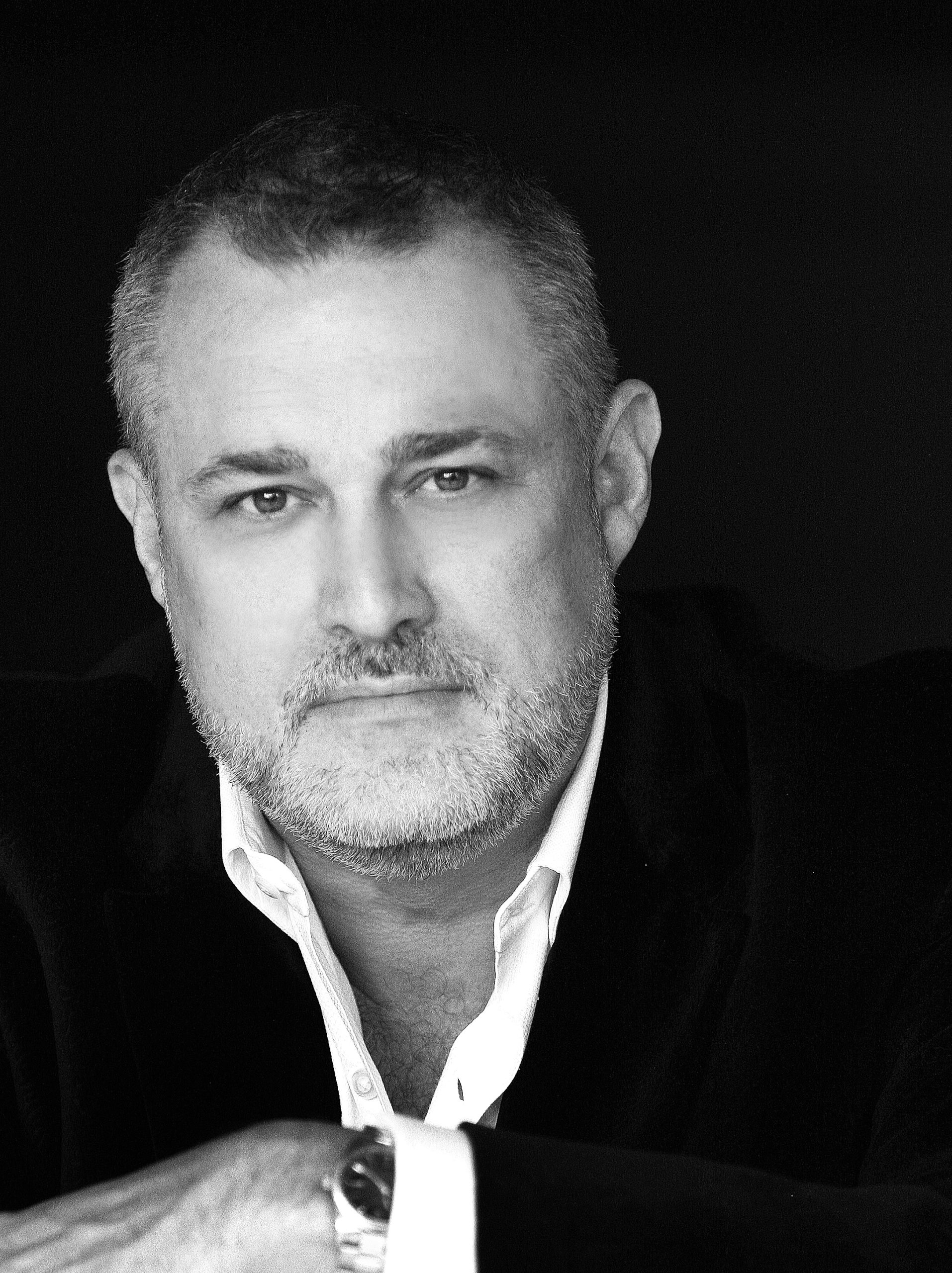
How to Survive a Product Launch — From The Man Who Launched the XBOX

I’ve said many times, having started small businesses and working as the CMO for a fortune 100 company, the problems facing every business are all the same. They all involve people, communication, transparency, alignment to the mission, stress management to name a few.
During a recent C-Suite Network Digital Discussion, I interviewed Robbie Bach, a former marketing executive at Microsoft who for 22 years, was pivotal in the development of Microsoft Office, and then went on to launch the creation of the famous Xbox gaming console serving as the Chief Xbox Officer.
Launching any business endeavor is stressful enough, and one would think launching anything inside of one of the largest most successful companies with access to ample funding should be easy right? Absolutely not.
As Robbie said during the interview, the entire process was “painful.” He offered a candid assessment of the blood, sweat, and tears it took to bring the product to fruition, the obstacles faced along the way, and the arduous process that almost made him quit his job.
“Birthing a business like that is difficult. And oh, by the way, we’re competing with Sony and Nintendo, who had probably an 18 month to two-year head start on us in that generation of video games,” Robbie said. “When I reflect on the early parts of that, I feel a lot of personal pain. It was the most difficult 18 months of my professional career.
No question about it.” Not only was he up against an engineering deadline to build the never before done product, it was the first hardware launch for the giant software company and not every division was rooting for the controversial start up team of 20.
Controversial due to the nature of video game content and the risk to their stock valuation on Wall Street should the product not be immediately successful. All of which is to point out, his team had their share of pushback.
Not only was that time difficult for Robbie professionally, but it cost him personally as well.
“My work was tearing apart my personal life. I was working probably 18 hours a day. I was rarely at home. I was traveling like crazy. The project was not going well. It (the Xbox) was literally going to be held together by duct tape at the end if it was going to work,” Robbie added.
On top of the already covered obstacles, the original Xbox launch lost $5 billion dollars for the company. $5 BILLION DOLLARS. Imagine those meetings. Most people don’t realize, the launch of any hardware product is going to be a big expense as it takes time to grow sales and iterate the final product and advertise to grow market share.
This initial market reaction would shake any executive to the core of uncertainty but Robbie knew he had some of the most powerful names at Microsoft at the time, Founder Bill Gates and CEO Steve Ballmer, who stood behind him at every turn providing the leadership and support he needed to keep moving forward. Without their support, Robbie’s team would not have been able to pull off the unbelievable success about to come.
They were his sponsors, they enabled him to keep his team moving ahead when not everyone else agreed. Without their support, Xbox would never had survived the internal pressure to push the abort button. In fact, the original Xbox would likely have gone away if it were not from the early success of only one critical game. HALO. The company brilliantly acquired the game development firm Bungie, who went on to produce some of the most successful game sales in the history of the planet.
After the first Xbox launched, Robbie sat down with his team to work on what would become the Xbox 360. They re-grouped, retooled and re-launched. During this time, he created the “3P Framework,” a 3-page document outlining a project’s purpose, principles, and set of priorities in order to keep his team focused on the priorities of the launch. This framework is meant to force organizations to keep it simple.
“(3P framework) is a powerful, yet simple tool to force organizations dealing with lots of complexity to say, ‘Okay. No, No, No, No,’” Robbie said. “What are the five things you got to get done? Establish your north star goal…then pick the five things that matter. And then drive like hell.”
After surviving the original launch of the original Xbox. Robbie’s team went on to sell well over 150 million gaming units worldwide.
The importance of culture and sponsorship is vital in large organizations. I experienced it during my time as CMO of Eastman Kodak; if you’re trying to innovate inside a large company, you need to make sure you have people backing you from above and providing you with the “air cover” you need to survive some of the doubters and obstructionists. You can’t run the gauntlet and fight the “Captains of No” without it.
Many times, we get caught up in the day-to-day of running a business instead of working on the business. As an executive, it’s sometimes harder to delegate and pause because you think you have all the answers. You don’t.
From that time in his career, Robbie’s “uber takeaway” was he wished he had taken the time to pause, step back from his keyboard and think before diving into the depths of the challenges before his team did. It’s a situation many talented, driven leaders find themselves in. When faced with a massive project, our temptation is to jump in and GO.
“I want to take action. I want to do things. I like to execute. I want to go make things change,” Robbie expressed. “It’s the leader’s job to be above the trees and above the forest and looking out over the landscape. And for me, an Xbox. I was down in and out of the forest level, not at the tree level. I was down planting bushes.”
Much like at the C-Suite Network, our job is not to make you the most intelligent person in the room – our job is to make you the most strategic person in the room. We need to lead, work the strategy, and trust in our teams to take us where we need to go.
Robbie offered key insights to our C-Suite Network executive leaders, saying, when you need help, get help. You don’t always have all the answers. You need time off and time away to recharge to keep fighting the good fight.
Everyone appreciated his transparency and vulnerability. Big thanks to Robbie for being my guest and providing motivation and inspiration to our community.
- Break Free From Founder Dependence: Strategies for Business Success? - June 14, 2023
- The Gentle Leader’s Playbook: Mastering Employee Performance Without Being a Jerk - June 14, 2023
- Leading Through Future Uncertainty - June 7, 2023






